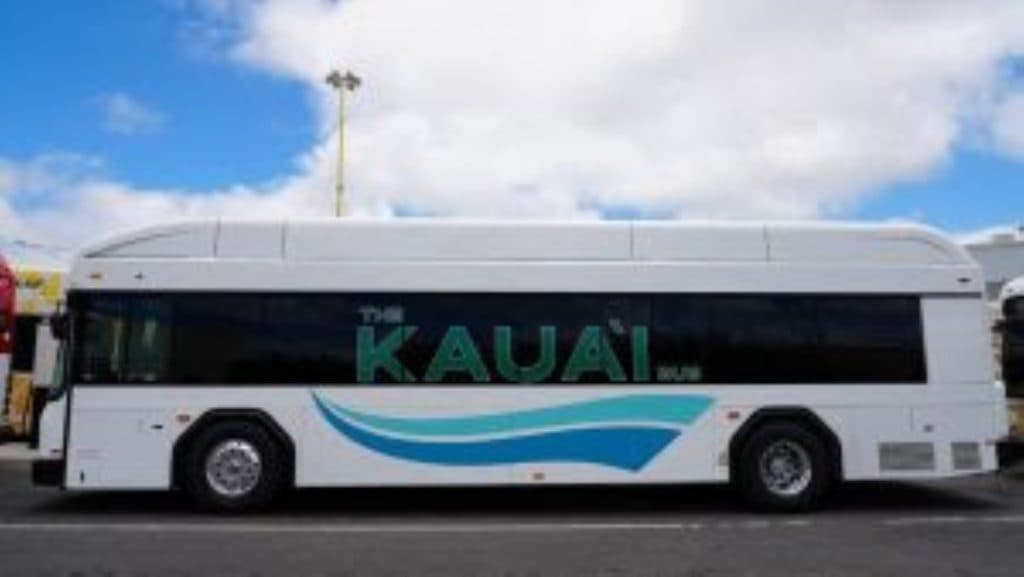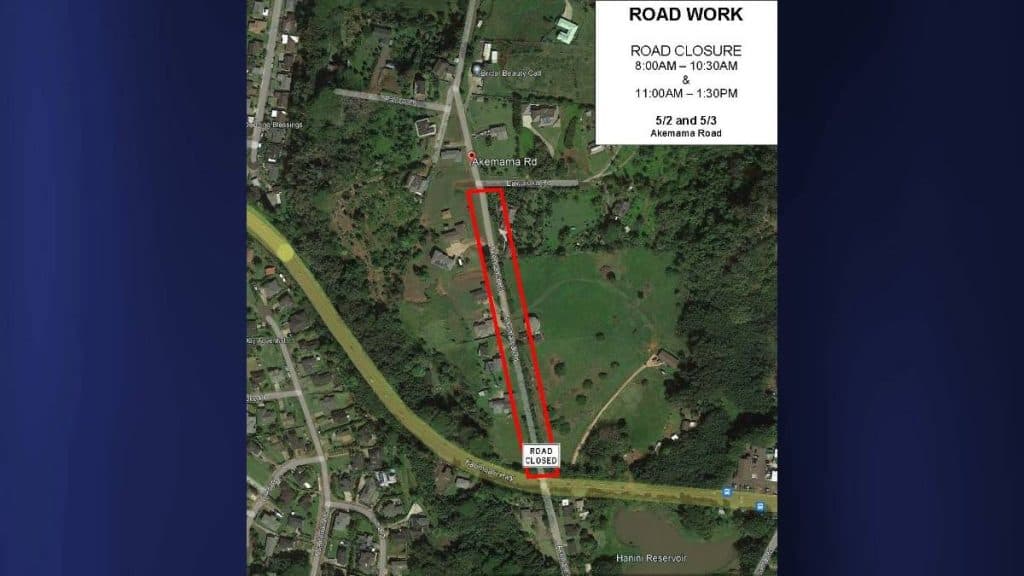Kauaʻi Begins Bus Baseyard Expansion to Support Electric Fleet
County leaders, project partners and community members held a blessing ceremony on November 13, 2025 to mark the start of the Kauaʻi Bus Baseyard Expansion Project in Līhuʻe, a roughly $6.4 million investment funded with County CIP funds and a Federal Transit Administration grant. The project is designed to increase operational and maintenance capacity and prepare the depot for a larger fleet of electric buses, a development that will affect transit reliability, local emissions, and county capital planning.
Listen to Article
Click play to generate audio

County officials on November 13 formally launched the Kauaʻi Bus Baseyard Expansion Project in Līhuʻe with a blessing ceremony attended by local leaders, project partners and community members. The roughly $6.4 million project is financed through County capital improvement program funds and a grant from the Federal Transit Administration, according to a county press release. Construction is slated to begin later in 2025 with an anticipated completion in late 2026.
At its core, the expansion aims to increase The Kauaʻi Bus operational capacity and maintenance capability, and to ready the depot for a larger complement of electric buses. That dual focus addresses immediate needs for vehicle storage and servicing while positioning the county to absorb federal and state incentives for electrifying public fleets. For residents, the project promises potential improvements to reliability and service resilience as the transit system accommodates more vehicles and builds specialized infrastructure for electric power and charging.
The funding mix underscores the intersection of local capital planning and federal transit policy. County CIP allocations reflect elected officials and administrators setting priorities in a constrained budget environment, while the FTA grant brings federal oversight and reporting requirements. Those dynamics mean the project will be subject to procurement rules and grant compliance processes that can shape timelines and costs. For voters and civic watchdogs, the expansion offers a concrete case to monitor how public dollars are spent and whether projected benefits, such as reduced emissions and improved service, are realized.
The ceremony itself served both ceremonial and practical purposes. It recognized the cultural protocols important to many Kauaʻi residents while signaling transparency and community engagement about a visible infrastructure project in Līhuʻe. During construction residents should expect work activity at the depot site, and the county has said updates will be provided as the project advances.
Beyond immediate construction impacts, the expansion feeds into longer term policy questions about transit mode choice, energy transition and local job training. Maintenance capacity for electric buses requires different skills and equipment than diesel fleets, which may affect workforce development needs and contracting practices. How the county manages procurement, workforce training and community communication will shape whether the project delivers the operational and environmental results described in the county release.
Residents seeking more information can consult the county press release and follow updates from Kauaʻi County about project milestones, traffic advisories and public outreach as work moves forward.


